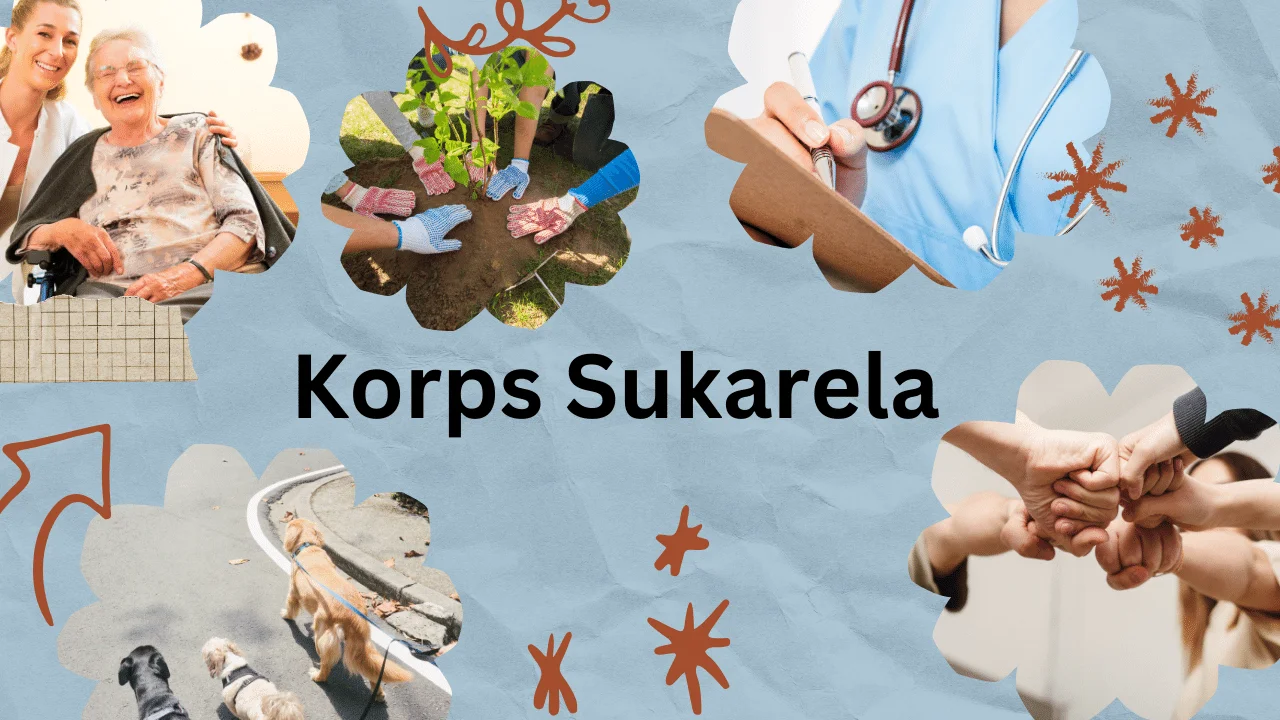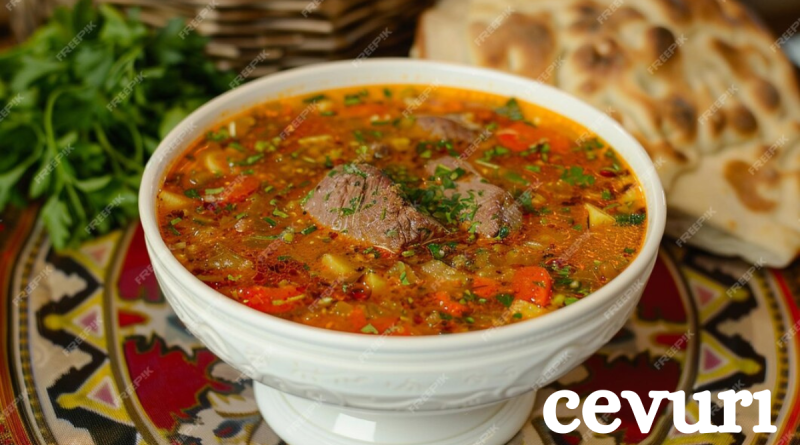In Indonesia, where community and collective effort are deeply ingrained in the national ethos, the concept of “Korps Sukarela” (Volunteer Corps) plays a significant role in both civil and military spheres. This article delves into the origins, roles, and impacts of Korps Sukarela, shedding light on their contributions to Indonesian society.
Origins and Historical Context
Korps Sukarela, which translates to “Voluntary Corps,” has its roots in Indonesia’s struggle for independence. The concept emerged from the necessity to organize volunteers who were willing to support national defense and community development efforts. Originally formed to address immediate wartime needs, the Korps Sukarela evolved into a structured entity designed to serve various societal functions.
The earliest Korps Sukarela units were established in the mid-20th century as part of Indonesia’s broader military and social initiatives. These units were primarily tasked with supporting the Indonesian National Army (TNI) and contributing to national resilience during periods of crisis.
Structure and Organization
Korps Sukarela operates under the auspices of various governmental and non-governmental organizations, each with its specific focus and mandate. Broadly, they can be categorized into two main types:
- Military Voluntary Corps: These units support the Indonesian National Army and participate in activities related to national defense and security. They are often involved in non-combat roles such as logistics, medical support, and civil defense.
- Civic Voluntary Corps: These groups focus on community service and development. Their activities may include disaster relief, public health campaigns, and educational programs. They work closely with local governments and communities to address pressing social needs.
The structure of Korps Sukarela varies depending on their specific roles but generally includes a combination of leadership positions, operational units, and support staff. Training and coordination are essential aspects of their functioning, ensuring that volunteers are well-prepared for their tasks.
Key Roles and Contributions
- National Defense: In the military context, Korps Sukarela provides critical support to the Indonesian National Army. Volunteers are trained to assist in various capacities, including disaster response, emergency logistics, and community engagement during times of conflict. Their presence helps to augment the capabilities of the regular military forces and ensures a broader reach in national defense efforts.
- Disaster Relief: Indonesia is prone to natural disasters, including earthquakes, volcanic eruptions, and floods. Korps Sukarela plays a pivotal role in disaster response and recovery. Volunteer corps are often among the first responders, providing emergency assistance, distributing aid, and helping with evacuation and rehabilitation efforts.
- Community Development: Civic-oriented Korps Sukarela units focus on enhancing quality of life in local communities. Their initiatives range from organizing health clinics and educational workshops to promoting environmental sustainability. By addressing local needs, these volunteers foster community resilience and development.
- Public Health and Safety: In addition to disaster relief, Korps Sukarela engages in public health campaigns. They assist with vaccination drives, health education programs, and initiatives aimed at improving sanitation and hygiene. Their efforts contribute to the overall well-being of the population.
Impact and Challenges
The impact of Korps Sukarela on Indonesian society is profound. Their contributions to national defense, disaster relief, and community development enhance the country’s ability to respond to emergencies and address social challenges. The spirit of volunteerism embodied by Korps Sukarela also strengthens social cohesion and fosters a sense of shared responsibility among Indonesians.
However, the Korps Sukarela faces several challenges. Coordinating between various units and ensuring adequate training and resources can be complex. Additionally, maintaining volunteer motivation and managing the logistics of large-scale operations require ongoing attention and support.
Looking Ahead
As Indonesia continues to evolve, the role of Korps Sukarela remains crucial. Their ability to adapt to changing needs and circumstances will determine their future effectiveness. By leveraging technology, improving training programs, and fostering greater community involvement, Korps Sukarela can continue to make a positive impact on Indonesian society.
In conclusion, Korps Sukarela represents a vital component of Indonesia’s national framework, reflecting the country’s commitment to volunteerism and community service. Through their diverse roles and tireless efforts, these voluntary corps contribute significantly to national stability, disaster resilience, and societal well-being. Their legacy is a testament to the power of collective action and the enduring spirit of service in Indonesia.











